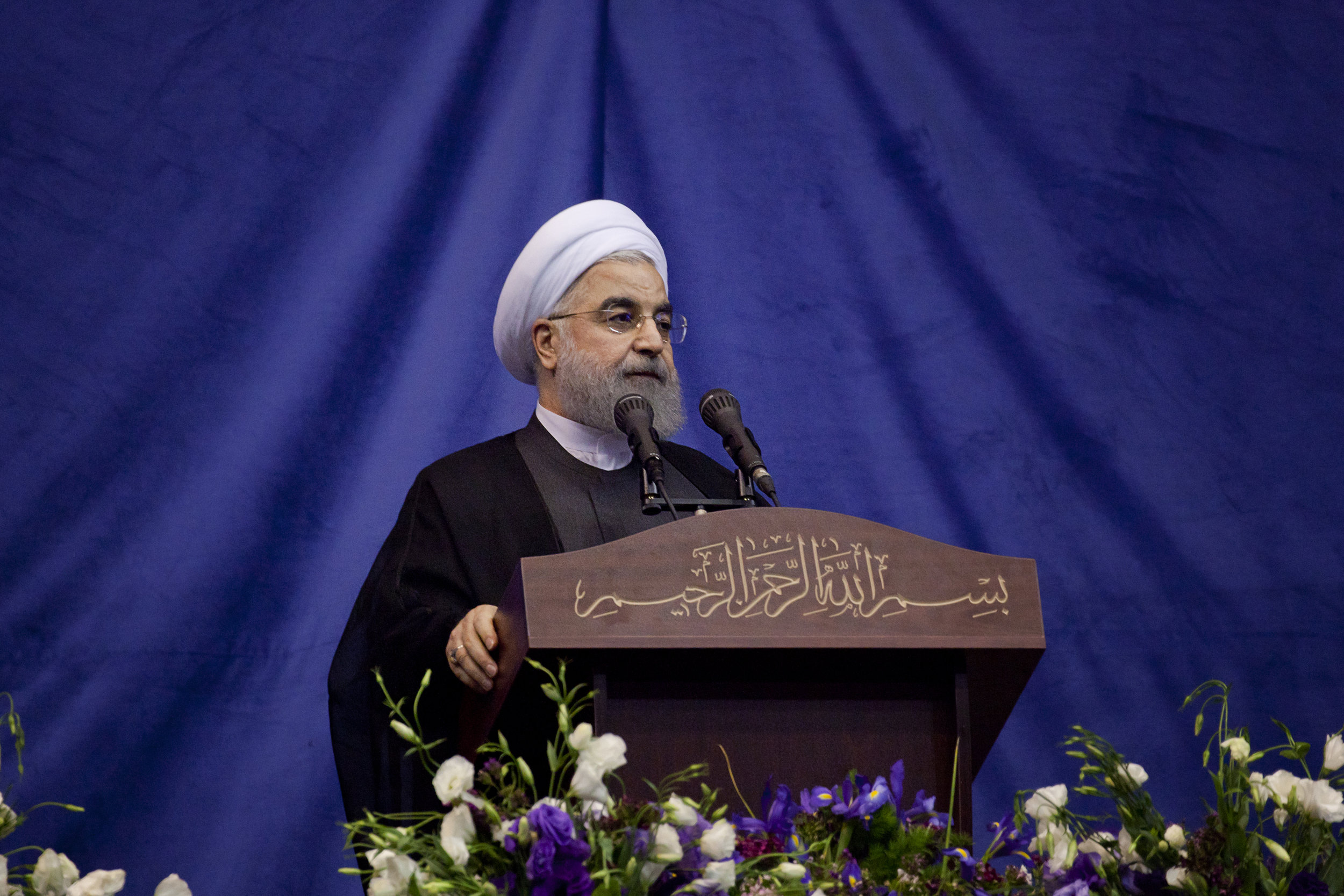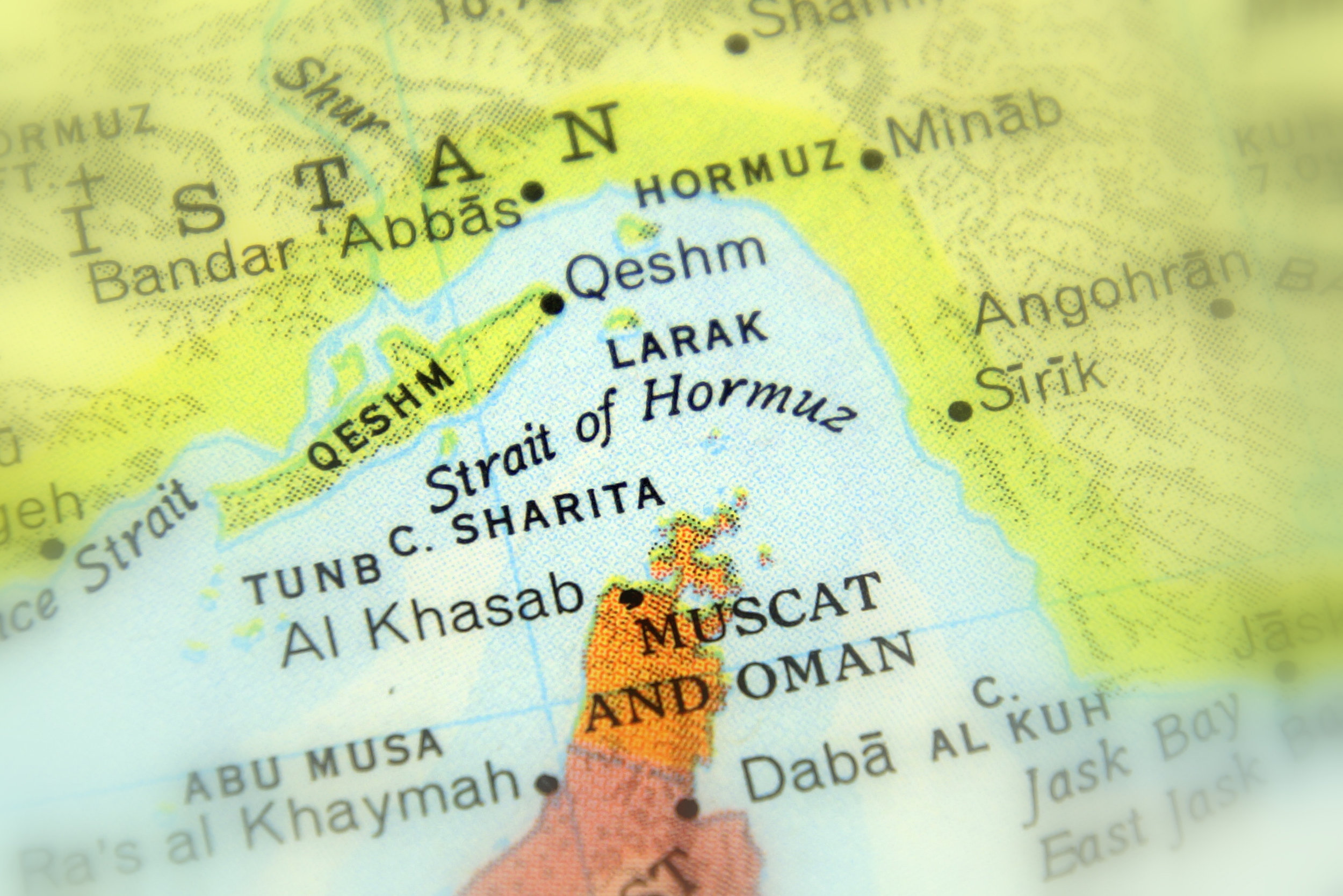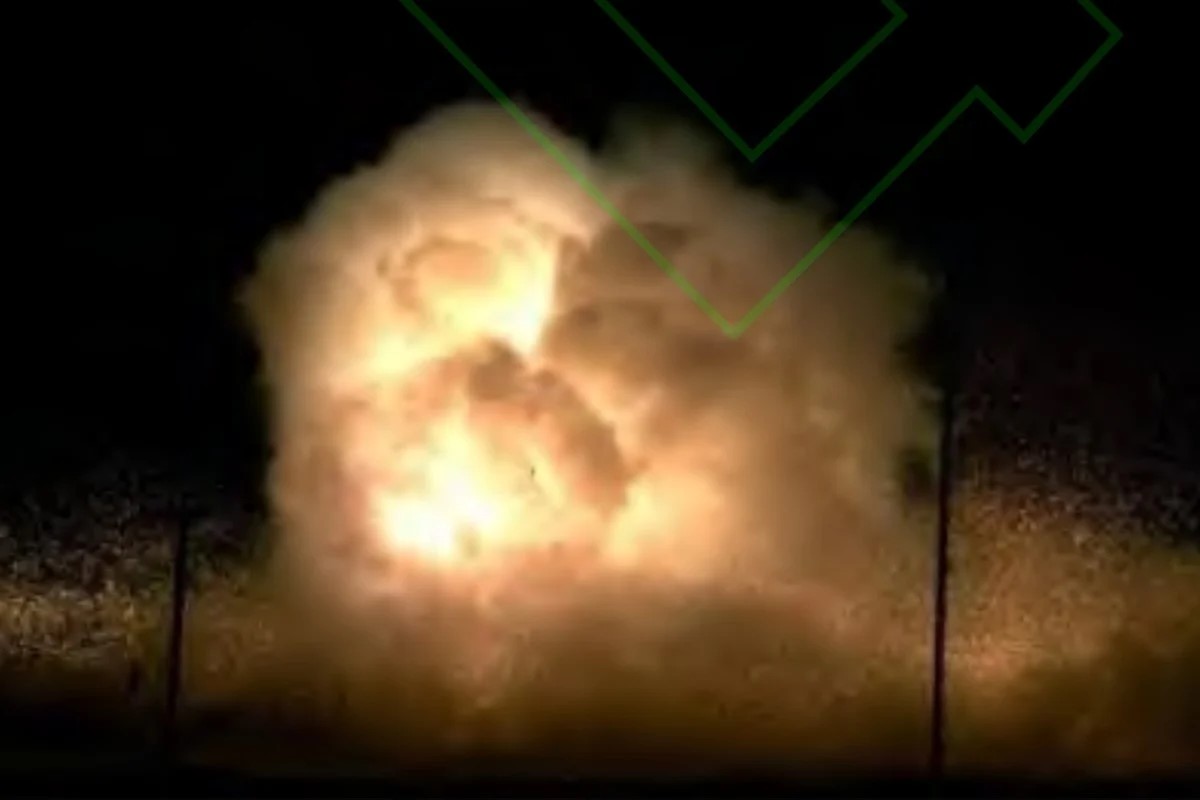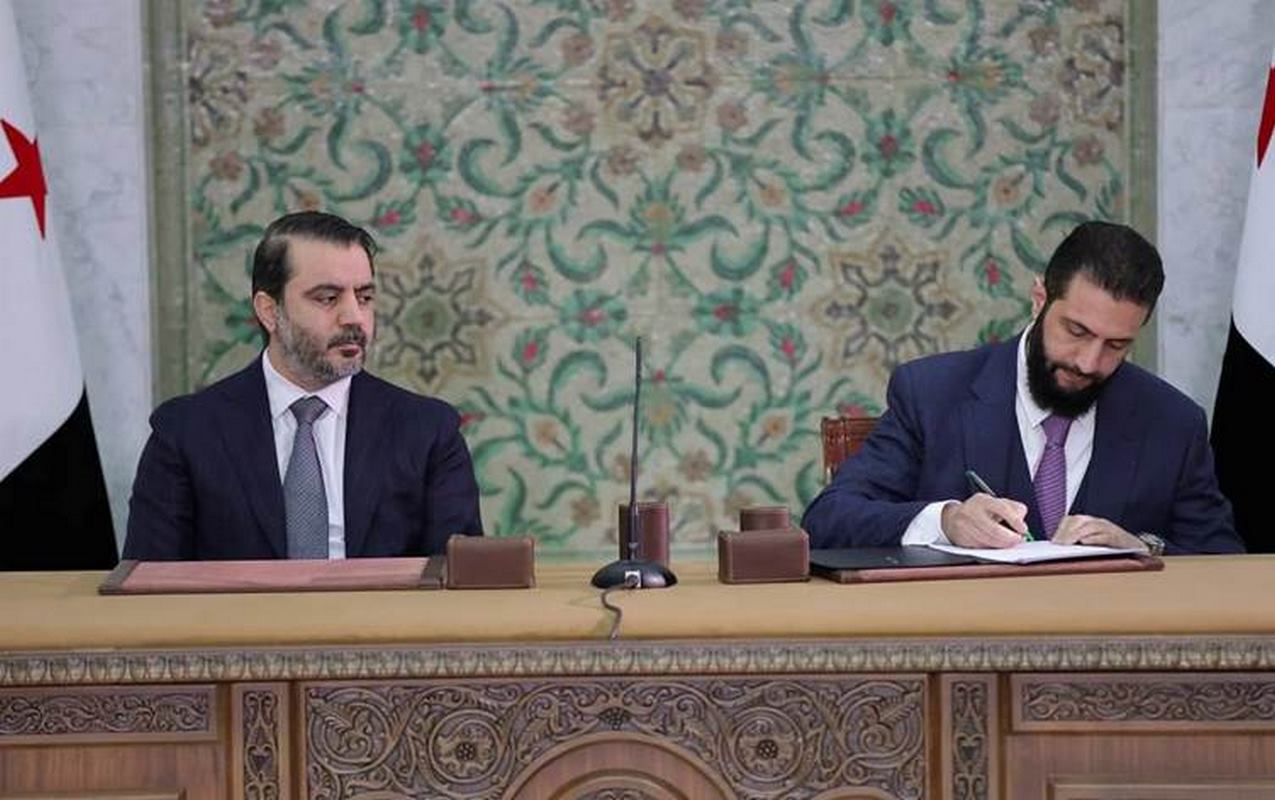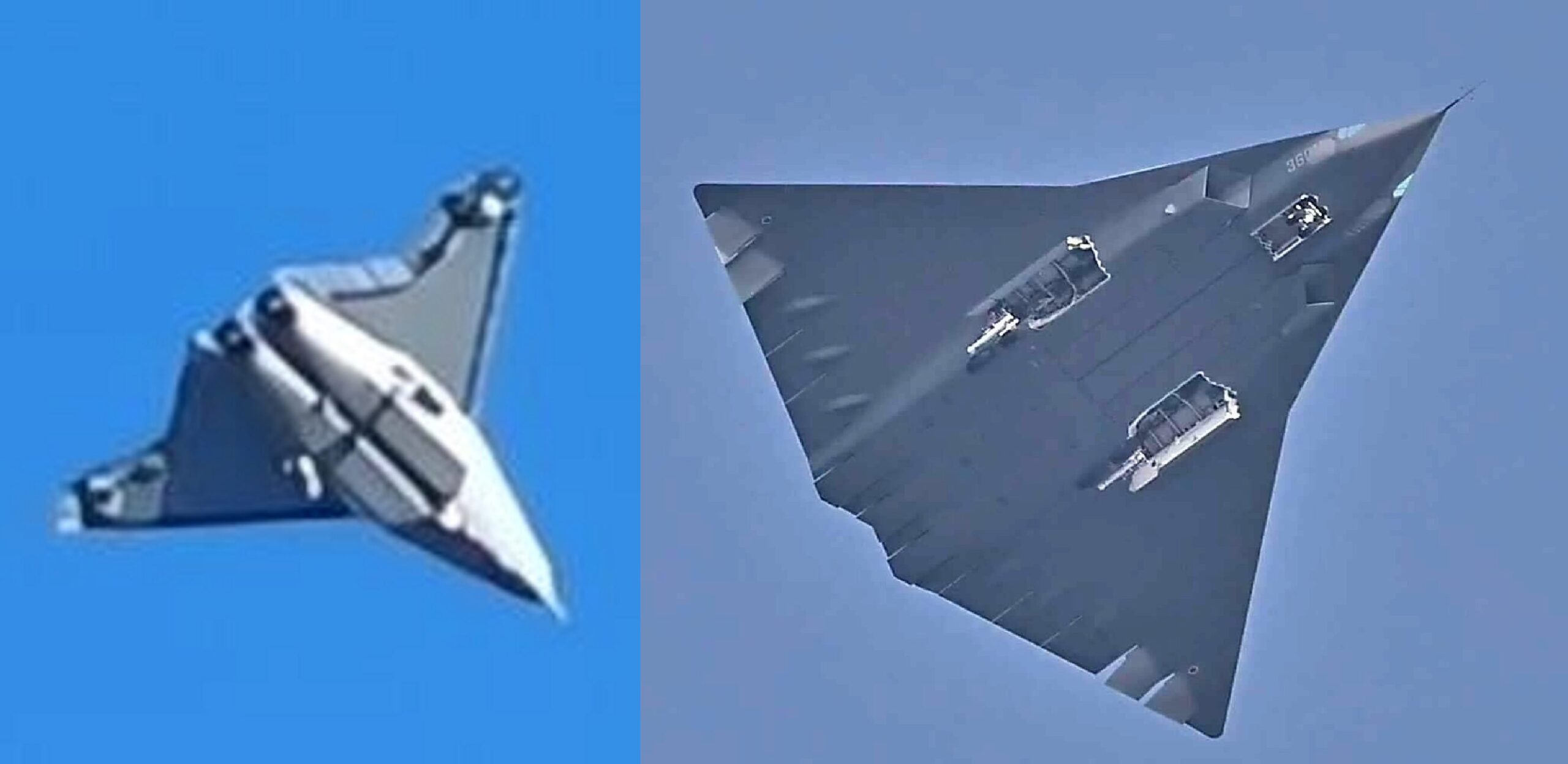PICTURED: Grace 1 anchored off port in Haifa, Israel, Aug 26th, 2017.
Strait of Hormuz, July 19th, 2019. In another decisive action demonstrating her commitment to the hardline stance she has taken in the face of western aggression, Iran’s primary military force, the Iranian Revolutionary Guard seized a British oil tanker traveling through the Strait of Hormuz after it allegedly “failed to respect international maritime laws”.
Shortly after, a Liberian-flagged oil tanker traveling the same route was commanded to arrive in port by the Revolutionary Guard, but was held briefly and released after receiving notice of compliance laws on environmental regulations.
“These seizures are unacceptable. It is essential that freedom of navigation is maintained and that all ships can move safely and freely in the region,” said the now-former UK Foreign Secretary Jeremy Hunt.
Earlier in July, British authorities off the coast of Gibraltar impounded Grace 1, an Iranian oil tanker and arrested her captain under allegations that she was bound for Syria with 200,000 barrels of crude oil. Tehran denied the tanker was en route to Syria, which would be a violation of international sanctions on the war-torn Near Eastern country, and Iranian President Hassan Rouhani promised “repercussions”.
PICTURED: Iranian President Hassan Rouhani, who has suggested a exchange deal could be reached between Britain and Iran’s tankers.
High-noon
Neither the Brits, nor the Persians feel there’s any reason to back down, with both countries exchanging accusations. Iran feels that the seizure of Grace-1 violates the European’s role in the 2015 JCPOA nuclear treaty.
Europe’s pledge in the treaty which the United States recently pulled out of was to act as a buffer between American economic sanctions and the Iranian economy.
Abbas Araqchi, a senior member of the team who negotiated the JCPOA and a deputy foreign minister, said on Sunday, that the seizure was a violation of this role in protecting the Iranian oil sector, according to Reuters.
“We witnessed the seizure of an oil tanker carrying Iranian oil in the Strait of Gibraltar which in our view is a violation of (the nuclear deal),” Araqchi said. “And the countries who are part of (the nuclear deal) shouldn’t create obstacles for the export of Iranian oil”.
However the British don’t feel they have violated the JCPOA, based on their assertion that the oil shipment first violated the EU Syria sanctions.
“As I said to the Iranians this weekend, the detention of the Grace 1 was a Gibraltar-led enforcement of EU Syria sanctions. Action had to be taken, and this was nothing to do with the oil being Iranian.” said Jeremy Hunt at a recent EU Foreign Affairs Council meeting.
The British response has been to station warships in the Persian Gulf as escorts for civilian tankers and other vessels starting on the 25th of July.
“The Royal Navy has been tasked to accompany British-flagged ships through the Strait of Hormuz, either individually or in groups, should sufficient notice be given of their passage,” a government spokesperson said on Thursday.
“Freedom of navigation is crucial for the global trading system and world economy, and we will do all we can to defend it.”
PICTURED: The Strait of Hormuz, a small waterway through which passes a fifth of the world’s oil trade.
Dire Straits
About a fifth of the world’s oil passes through the Strait of Hormuz. On average, 15 to 30 large British-flagged ships travel in the Persian Gulf every day, with up to three passing through the Strait of Hormuz between Iran and Oman.
Iranian president Hassan Rouhani mentioned that the possibility of a “swap” could be facilitated if the UK took appropriate action.
“If Britain steps away from the wrong actions in Gibraltar, they will receive an appropriate response from Iran,” Rouhani said on Wednesday.
This was the first mention of a swap or deal of any kind since the maritime trouble began. Iran has been putting plenty of diplomatic pressure on Europe to fulfil her end of the 2015 nuclear treaty. Iran issued a 60-day ultimatum to try and coax the Europeans into protecting Iranian oil trade from sweeping American sanctions.
That 60-day window has since expired, and as they had made clear, Tehran began increasing uranium enrichment up to and exceeding the 3.67% limits provided within the treaty. However on July 8th, Tehran offered another 60-day period for the Europeans to get the payment method known as INSTEX up and running to fortify the Iranian economy against American economic warfare.
